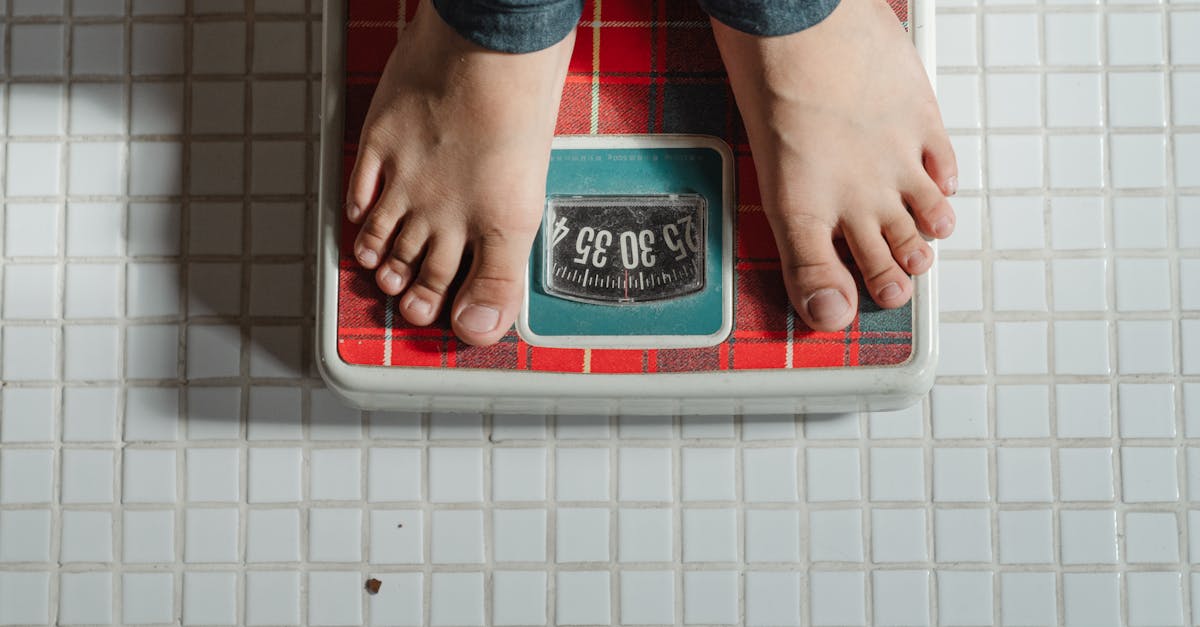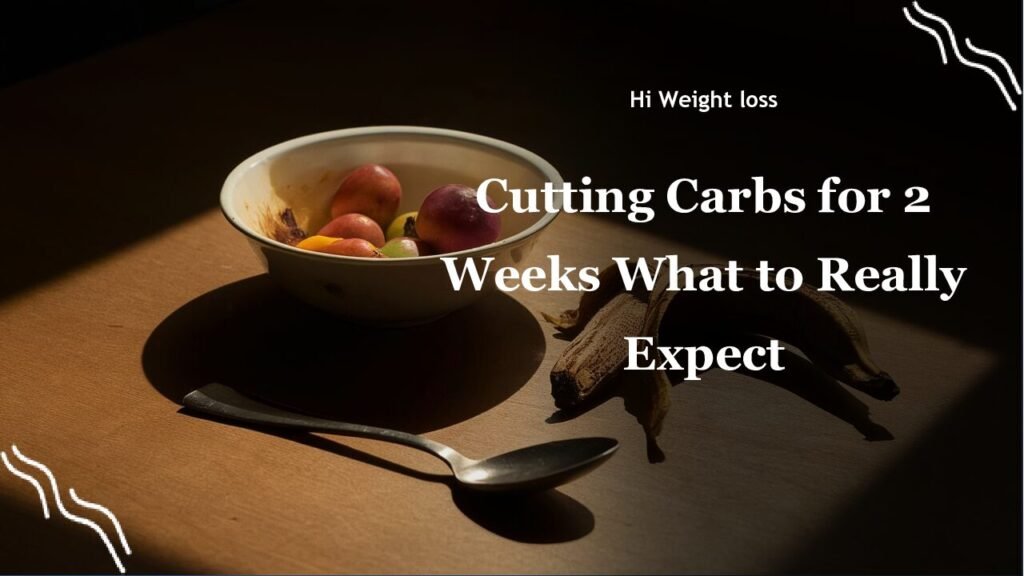“`
Feeling sluggish and considering a drastic diet change? You might be wondering what happens when you cut carbs for 2 weeks. Many people jump into low-carb diets thinking it’s a quick fix, but it’s essential to understand the potential effects on your body. This article will explore the short-term and long-term implications of cutting carbs drastically, helping you make informed decisions about your health and well-being, and giving you insights about what to expect if you decide to significantly reduce your carb intake.
What Happens When You Cut Carbs for 2 Weeks?
The Initial Shock: Short-Term Effects of Cutting Carbs
When you dramatically reduce your carbohydrate intake, your body experiences a significant shift. It’s like suddenly changing the fuel source of a car – there will be a bit of sputtering at first. One of the first things you’ll notice is increased hunger and food cravings. Your body is used to getting a quick energy boost from carbs, so when they’re gone, it sends out signals telling you to eat something, especially carb-rich foods. I remember when I tried a low-carb diet for a week, I constantly thought about bread, pasta, and anything sweet! It was a real mental battle.
You might also experience some uncomfortable physical symptoms. Many people report headaches, bad breath, weakness, muscle cramps, fatigue, skin rashes, constipation, or diarrhea after drastically reducing carbs. These symptoms, often referred to as “keto flu,” happen because your body is adjusting to using fat for energy instead of glucose. It is important to note that the degree of these symptoms may vary from person to person and it is not necessarily that you will have all the symptoms mentioned.
If you go for a very low-carb diet, such as the ketogenic diet, you might experience even more intense symptoms. The so-called “keto flu” can include nausea, vomiting, headache, fatigue, dizziness, insomnia, exercise intolerance, and constipation. This initial phase can be challenging, making it essential to prepare yourself mentally and physically before drastically cutting carbs. In my friend Sarah’s case, she described feeling like she was constantly running a low-grade fever during her first week of keto. Her energy levels plummeted and she ended up taking a break from her workouts for a while.

Beyond the Short-Term: Potential Long-Term Risks
While some people might see quick weight loss from cutting carbs, it’s crucial to consider the potential long-term consequences. One of the significant risks is the potential for nutritional deficiencies. Many carbohydrate-rich foods are excellent sources of essential vitamins and minerals, like vitamin C (found in fruits) and potassium (found in bananas and potatoes). Eliminating these foods can lead to weakened immunity, digestive problems, and an increased risk of chronic diseases. Think of it as trying to run your body without all the necessary building blocks.
Another concern is metabolic adaptation. When you significantly reduce your calorie intake by cutting out carbs, your body might slow down its metabolism. This means your body burns fewer calories at rest, making it harder to lose weight or maintain weight loss in the long run. It might be why some people experience a weight loss plateau on low-carb diets after some time, and they find it harder to continue losing weight without further reducing their calories or increasing their physical activity levels.
Interestingly, restrictive eating patterns like drastically reducing carb intake can lead to less diverse gut microbiomes, contributing to inflammation, obesity, and diabetes. I remember reading about this in an article that was talking about the dangers of low-carb diets. This is a complex area, but we are learning more about how essential a diverse gut microbiome is for health.
Also, drastic reductions in carbohydrates can also have adverse effects on your mental well-being. Your brain relies on glucose for energy and neurotransmitter production, so cutting off its primary fuel supply can lead to mood swings, irritability, fatigue, and even depression. My colleague Mark told me he tried keto for a couple of months, and while he did see some initial weight loss, his mood swings were very pronounced, which made it hard to be productive at work.
What Does it All Mean?
Cutting carbs for 2 weeks might initially lead to weight loss due to reduced calorie intake from those high-calorie carb-heavy foods. However, it’s crucial to consider the potential short-term and long-term health implications. It’s essential to focus on balanced nutrition, which includes all macronutrients (proteins, fats, and healthy carbohydrates) to achieve better overall health outcomes. A balanced approach is often more sustainable and healthier for most people.
Balanced Nutrition is Key
Instead of drastically eliminating carbohydrates, you can focus on consuming more complex, fiber-rich carbohydrates such as fruits, vegetables, whole grains, and legumes. These foods not only provide energy, but they are also essential for good gut health and provide necessary nutrients to your body. Make sure you also include sufficient amount of proteins and healthy fats for a complete diet. In other words, it’s all about choosing the right kinds of carbs and controlling your portion sizes. If you are looking for further advice, you could explore some of the resources from the Mayo Clinic about low-carb diets to understand the topic better.
A Sample Meal Plan (Not a Prescription!)
Here’s a sample meal plan illustrating what a balanced nutrition plan with carbs could look like, remember this is not a prescription for you but a sample plan:
| Meal | Description | Carbohydrate Source |
|---|---|---|
| Breakfast | Oatmeal with berries and nuts | Oatmeal, Berries |
| Lunch | Salad with grilled chicken, quinoa, and mixed vegetables | Quinoa, Vegetables |
| Dinner | Baked Salmon with sweet potato and roasted broccoli | Sweet potato, Broccoli |
| Snacks | Apple slices with almond butter, a handful of grapes | Apple, Grapes |
This table is just a sample, and you should tailor your meals to your individual requirements and dietary preferences. It is always best to consult a nutritionist before making drastic changes to your diet.
Conclusion
So, what happens when you cut carbs for 2 weeks? You’ll likely experience some initial weight loss, but this might come with some unpleasant side effects, including hunger, “keto flu,” nutritional deficiencies, and mental fog. While it’s tempting to look for a quick fix, remember that your body needs a balanced approach for optimal health. The key is to focus on wholesome, unprocessed foods, including healthy carbohydrates, proteins, and fats. Just like my friend Sarah learned, it’s often better to focus on a more sustainable approach than trying to make radical dietary changes that might do more harm than good. Instead of drastically cutting out food groups, try focusing on making gradual changes that will help you improve your health in the long run. Share this article with anyone thinking about drastic dietary changes and let’s all work together to promote healthy eating habits!
FAQ
Will cutting carbs help me lose weight quickly?
Yes, you might see initial weight loss due to reduced calorie intake and water loss, but it is important to consider the short and long-term effects.
Is the “keto flu” dangerous?
The “keto flu” is generally not dangerous, but it can be uncomfortable. It’s your body’s reaction to the dramatic change in your diet. Staying hydrated and ensuring you are getting enough electrolytes can help alleviate some symptoms. If the symptoms are severe, it is best to consult a doctor.
What are some healthier alternatives to low-carb diets?
Focus on a balanced diet that includes whole grains, fruits, vegetables, lean proteins, and healthy fats. Portion control and regular exercise are also crucial components of a healthy lifestyle.
How can I prevent nutritional deficiencies while reducing carbs?
Choose nutrient-dense carbohydrate sources and ensure your diet includes a variety of fruits, vegetables, and other nutrient-rich foods. Also, consider consulting a nutritionist for a more personalized dietary plan.
Will I gain the weight back if I start eating carbs again?
If you go back to your previous dietary habits you may gain weight back. Instead, if you gradually reintroduce carbs while maintaining a balanced diet and regular physical activity, you are less likely to see weight gain. The key is to ensure you do not consume high amounts of refined carbs and you are still controlling your calories while focusing on a balanced nutrition plan.
“`



